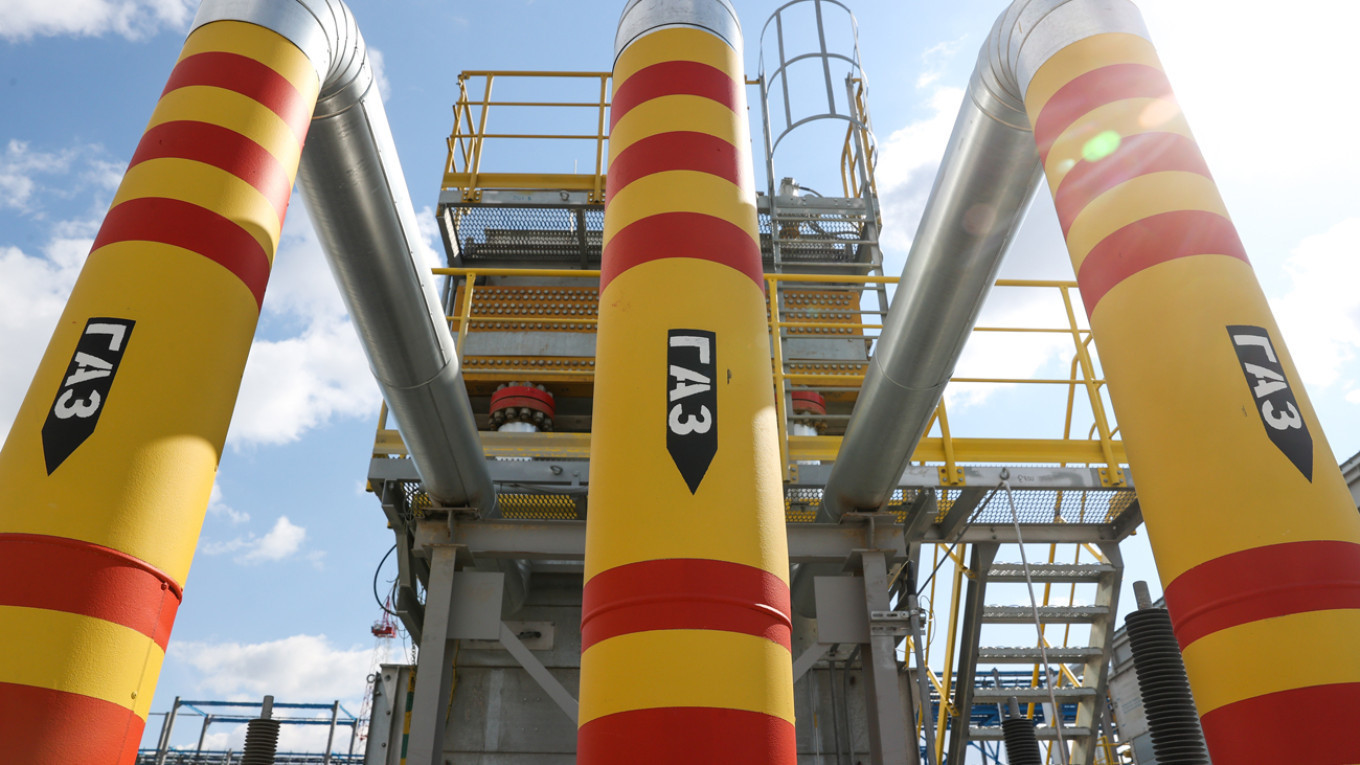Moscow’s initiative to route Russian gas through Kazakhstan as an alternative to the halted Power of Siberia 2 pipeline has not gained support in Beijing.
This proposal, revealed by Moscow in the autumn of 2024, aimed to transport up to 45 billion cubic meters (bcm) of Russian natural gas to China annually via Kazakhstan. However, Zhang Hanhui, the Chinese Ambassador to Russia, stated that the project would not proceed due to prohibitive costs.
“Transporting gas from Russia through Kazakhstan is not practical,” Zhang told reporters on Tuesday, as quoted by Interfax. “There is only one pipeline currently in use at full capacity. To enable gas transport through this route, a new pipeline would need to be constructed, which is too costly. The Russian side is considering this option, but it is not feasible. In reality, it can’t be done.”
The concept was initially proposed by Russian Deputy Prime Minister Alexander Novak in November 2024, shortly after discussions about the Power of Siberia 2 pipeline collapsed.
President Vladimir Putin had previously introduced the idea of Power of Siberia 2 to Chinese President Xi Jinping in 2022. This project aimed to boost China’s annual purchases of Russian gas to 100 bcm to compensate for losses in the European market resulting from the Ukraine invasion.
Despite warm rhetoric about a “no-limits” strategic alliance and Putin’s frequent visits to Beijing, Xi has yet to approve the project.
As reported by the Financial Times, the fundamental issue has been pricing: China allegedly requested that Russia sell gas at domestic prices—around $60 per 1,000 cubic meters. That is about a quarter of the current price under the Power of Siberia 1 agreement, which is $260 per 1,000 cubic meters. Additionally, China was willing to purchase only a portion of the planned pipeline’s capacity of 50 bcm.
By the close of 2023, Russian officials asserted that the Power of Siberia 2 project, intended to deliver 50 bcm of gas annually, was nearing completion, with project documentation set for approval in early 2024. However, over a year later, construction has yet to begin.
Mongolia, through which the proposed 2,500-kilometer pipeline would have traversed, has not included the Gazprom-led initiative in its long-term strategy through 2028, as reported by The South China Morning Post.
Russia has not finalized terms with China, confirmed Munkhnara Bayarkhavaa, a former member of Mongolia’s National Security Council.
Last year, Gazprom supplied China with 31 bcm of gas, a figure projected to rise to 38 bcm this year, which represents the full capacity of the Power of Siberia 1 pipeline. Nevertheless, this still accounts for only about 15% of Russia’s previous exports to the European Union, which peaked at approximately 200 bcm annually.
In the meantime, European demand for Russian gas has plummeted following the full-scale invasion of Ukraine. In 2023, exports to the EU fell to 28 bcm and are expected to reach only 32 bcm in 2024—levels not seen since the late 1970s.

